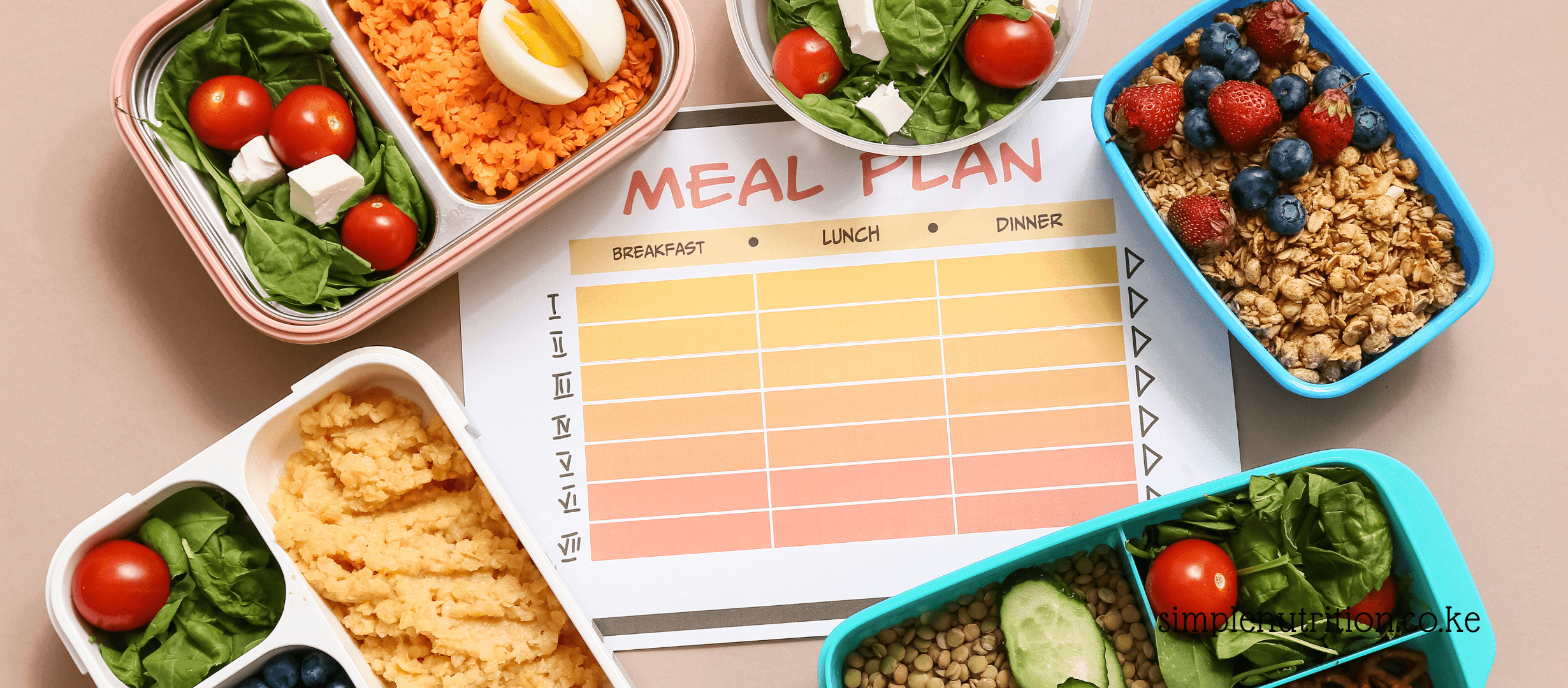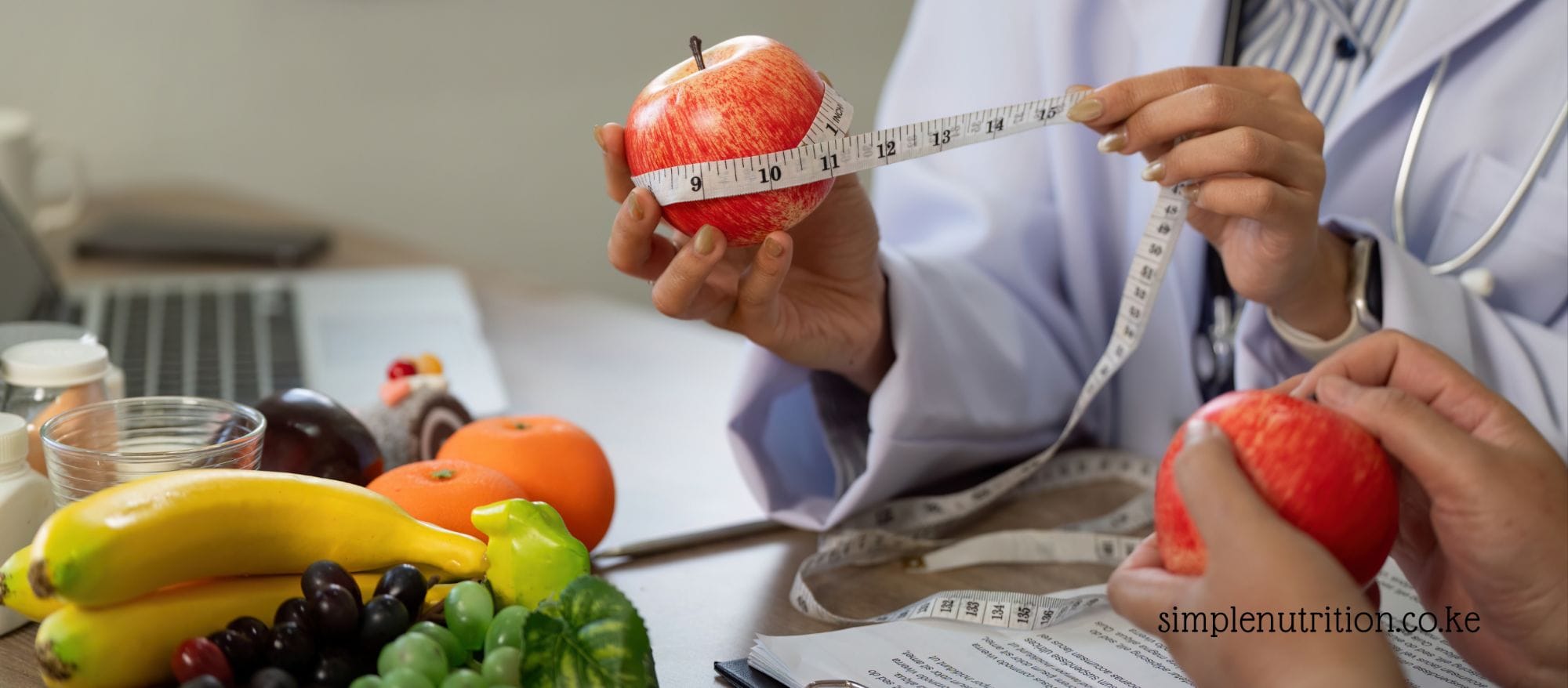In many Kenyan homes, a “chubby” child is often seen as a healthy one. Parents feel proud when their children are “eating well,” unaware that what seems like a good appetite could be the early signs of childhood obesity.
But let’s be honest, times have changed. Our children are growing up in a world filled with fast foods, phones, TV, and less playtime.
As parents, we don’t always know when “normal” weight becomes “too much.” but this blog will help you spot the early warning signs and offer simple steps to protect your child’s health.
What is Childhood Obesity?
Childhood obesity is when a child gains too much body fat, which can affect their health and growth. It’s not just about being big, it’s about carrying more weight than the body can handle.
This extra fat can lead to problems like:
- Diabetes (even in young kids)
- High blood pressure
- Low self-esteem
- Joint and breathing issues
We must act early before these health problems take root.
Early Signs of Childhood Obesity Parents Should Watch For;
Many signs are easy to miss, especially if you’re used to seeing “well-fed” children in your neighborhood. Here are things to look out for:
Rapid and Unusual Weight Gain
If your child is suddenly outgrowing clothes too fast or gaining weight faster than they grow taller, it might be more than just a growth spurt.
Gets Tired Easily
Is your child always saying, “Nimechoka,” even after a short walk or playtime? That may be a sign of low stamina caused by excess weight.
Prefers Sitting Over Playing
Children love to move. If yours is always watching cartoons or on a phone, avoiding outdoor games, it might be time to reduce screen time and encourage more physical activity.
Emotional or Boredom Eating
Do they always ask for food when they are not hungry especially snacks? Emotional eating is one of the earliest habits that lead to obesity.
Snoring or Sleep Problems
Many overweight children snore loudly or have disturbed sleep.
What Is Causing This in Kenya?
Several things are contributing to this rise in childhood obesity in Kenya:
- Processed foods like sausages, biscuits, soda, and packet juices.
- Busy parents who rely on takeaways or fast foods
- Lack of safe play areas in urban settings
- Increased screen time, especially during weekends and holidays
- Cultural beliefs that link body size to good parenting
What Can Parents in Kenya Do?
You don’t need a big budget or fancy foods to fight childhood obesity. Here are simple, doable steps:
Introduce Healthy Local Foods
Give your child foods like:
- Boiled maize and beans (Githeri)
- Sweet potatoes
- Arrowroots
- Traditional greens like kunde and managu
- Fruits like bananas, mangoes, watermelon, and pawpaw
These are filling, full of nutrients, and very affordable.
Check Out: Changing Food Habits for Weight Loss – Simple Tips
Limit Junk and Sugary Foods
Reduce how often they eat:
- Fried chips
- Sodas and energy drinks
- Sugary cereals
- Packaged snacks like crisps, chocolate bars, and cakes
- Start by replacing soda with homemade juice or flavored water.
Encourage Movement and Play
Create time for:
- Walking to the shop or school
- Skipping ropes
- Dancing to music at home
- Playing outside (football, hide-and-seek, running)
- Even 30 minutes a day can make a big difference.
Be a Role Model
Children copy what they see. If you eat fruits, drink water, and go for walks, they’ll likely do the same.
Involve the Whole Family
Make healthy living a family project. Eat together, play together, and learn together. When everyone is involved, the child doesn’t feel targeted.
When Should You Worry?
See a doctor or nutritionist if:
- Your child has a high BMI
- They have dark patches on the neck (sign of insulin resistance)
- They complain of knee or back pain
- They are teased at school for their weight
- You’re unsure how to help
Early help is better than late regret.
Childhood obesity is growing silently in our Kenyan homes. But it’s not too late. As parents, we have the power to protect our children through the choices we make every day, what we feed them, how we guide them, and the habits we teach.
Discover more from Simple Nutrition
Subscribe to get the latest posts sent to your email.



